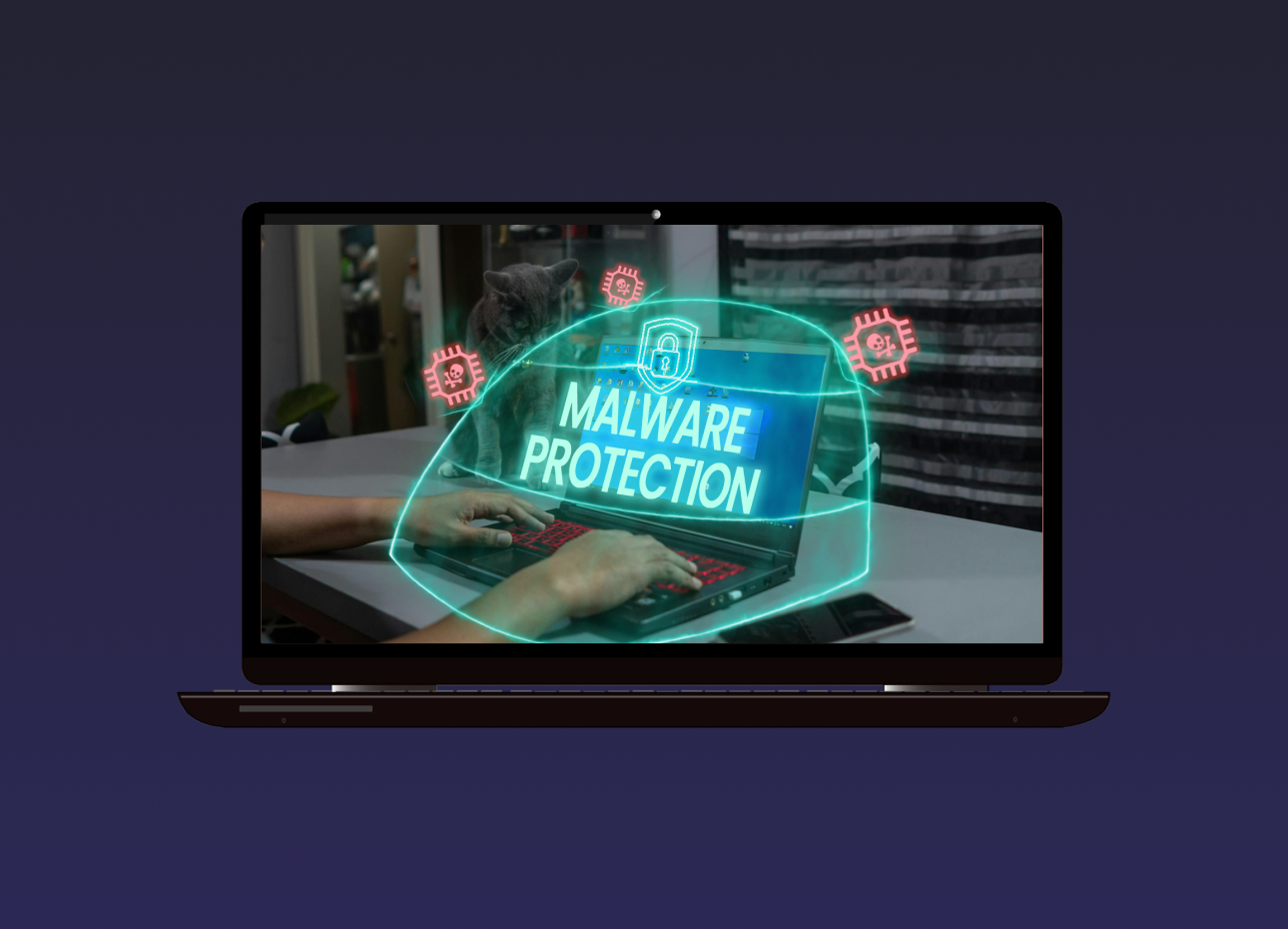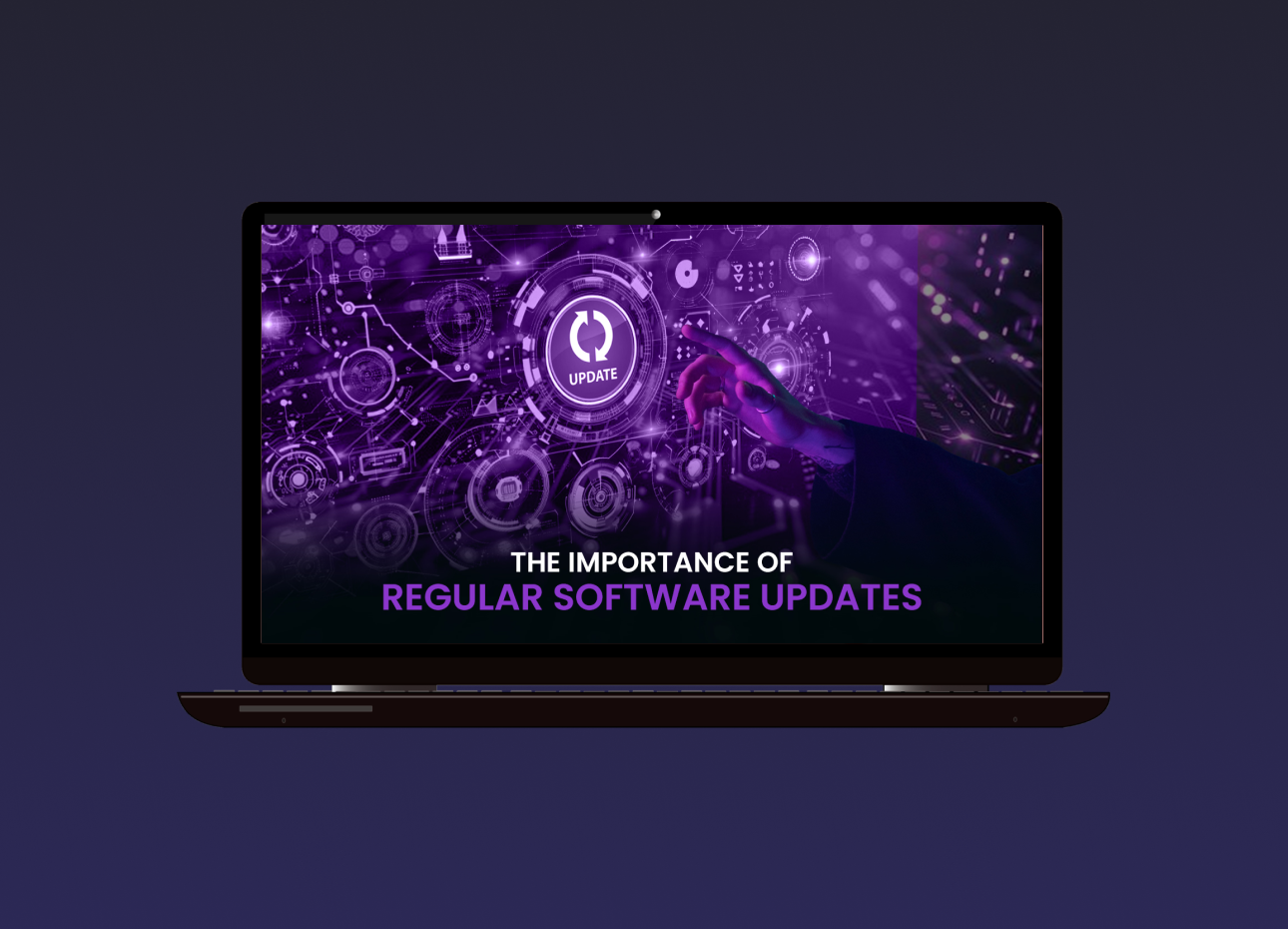How to Prevent Phishing attacks
Introduction Phishing attacks are a growing concern, posing significant threats to both individuals and organizations. These attacks aim to deceive victims into providing sensitive information, such as login credentials and financial details, by pretending as trustworthy entities. Understanding the nature of phishing attacks will help prevent phishing and eventually safeguarding personal and organizational security. What Are Phishing Attacks? Phishing attacks are cyberattacks that use deceptive emails, messages, or websites to trick individuals into disclose personal information. Typically, these attacks imitate legitimate organizations or individuals, leveraging social engineering techniques to exploit human vulnerabilities. The history of phishing dates back to the early days of the internet, with the term “phishing” originating in the mid-1990s as a play on “fishing,” where cybercriminals “fish” for victims’ information. Types of Phishing Attacks Email Phishing Email phishing is the most common form, where attackers send fraudulent emails that appear to be from reputable sources. These…









